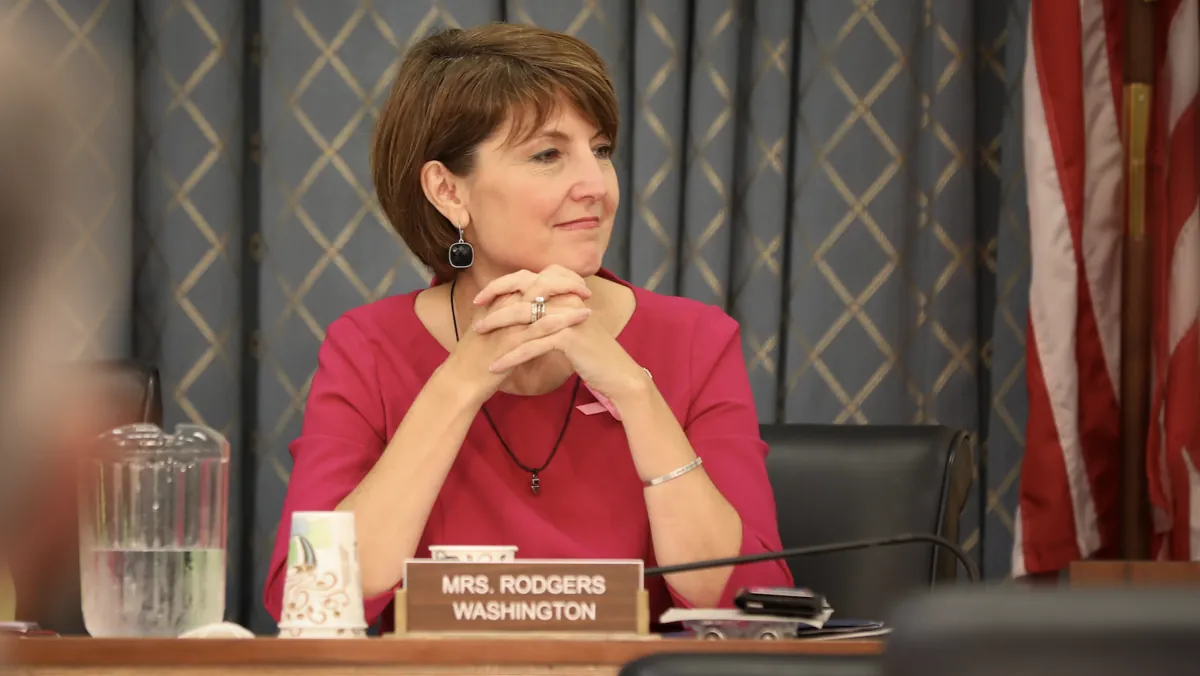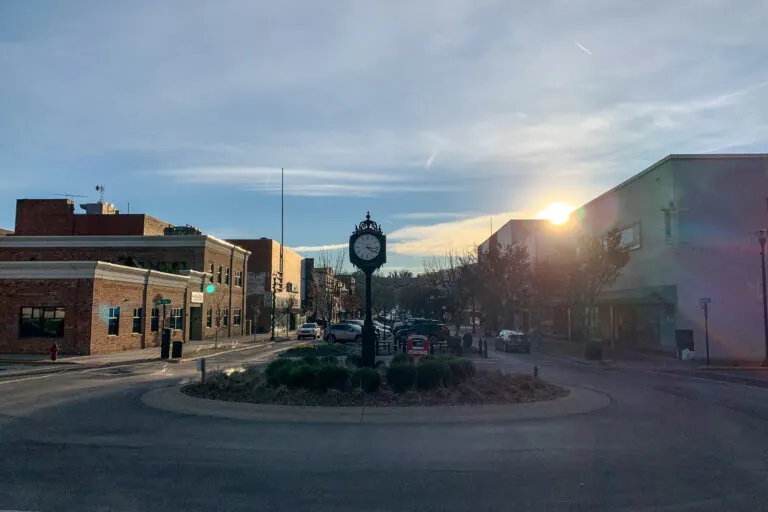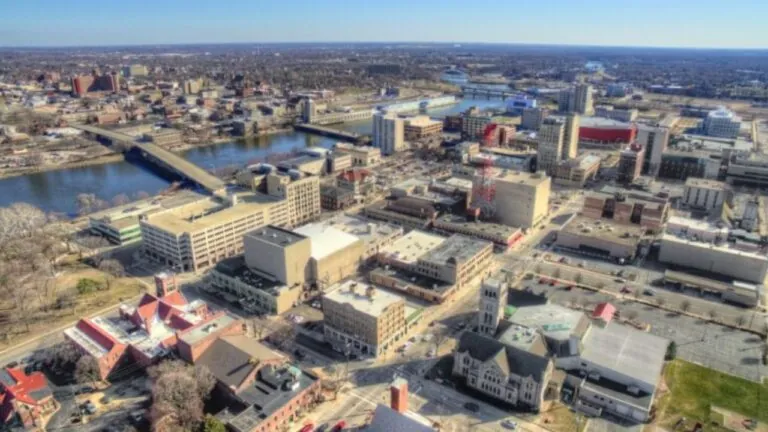Two Washington Lawmakers Champion Bills Aimed at Safeguarding and Expanding Hydropower Resources
U.S. Rep. Cathy McMorris Rodgers and Sen. Maria Cantwell of Washington state have introduced separate proposals to conserve existing hydropower resources in the United States and stimulate the construction of new projects.
McMorris Rodgers, a Spokane Republican who represents the 5th Congressional District in eastern Washington and chairs the House Energy and Commerce Committee, presented House Resolution 4045, the Hydropower Clean Energy Future Act, in June.
This week, the measure was approved by the committee and will now proceed to the House as a whole for its considerations.
The bill, as proposed, would designate hydropower electricity as a renewable energy resource for all federal programs and procurement requirements, impose a two-year licensing requirement by the Federal Energy Regulatory Commission for “next-generation” hydropower resources, and encourage turbine and generator designs that improve performance while protecting fish and environmental resources.
The bill would extend construction schedules for projects that have previously been approved by FERC but have been delayed because to the COVID-19 epidemic. Small hydro projects with low environmental implications, as well as closed-loop pumped storage projects that do not include federal land or impounded navigable waters, are likewise exempt from FERC licensing requirements.
Eastern Washington is home to 19 hydroelectric dams. “Our communities would be in serious danger of life-threatening blackouts without them,” McMorris Rodgers said in a press release Wednesday. “These dams are critical to helping us reduce carbon emissions without jeopardizing reliability.”
Only around 3% of extant dams in the United States generate power; the majority are utilized for irrigation, recreation, flood control, and storm water management. McMorris Rodgers, on the other hand, claims they have “untapped potential” for increasing hydropower generation without the construction of a single new dam.
“HR 4045 will help us get there by modernizing the burdensome and outdated licensing process that can take up to a decade to complete and is standing in the way of next generation hydro-technology,” she said in a statement. “It is a real, free-market climate solution that will ensure America continues to lead the way on clean, renewable, affordable, and reliable energy for generations to come.”
Similarly, U.S. Senators Maria Cantwell (D-Wash.) and Steve Daines (R-Mont.) introduced Senate 1521, the Community and Hydropower Act, in May. The bipartisan bill, which is also co-sponsored by Senators James Risch, R-Idaho, and Ron Wyden, D-Ore., seeks to modernize and improve the licensing of non-federal hydropower projects under the Federal Power Act.
According to Daines and Cantwell, hydropower accounts for over 30% of renewable energy generated in the United States, but output needs to be increased.
“Reform is needed to quickly and safely relicense existing hydropower facilities and bring new hydropower projects online to ensure American energy security,” according to a press statement issued by the organization.
Their measure, as proposed, would speed up environmental studies and licensing at existing non-powered dams, as well as licensing of closed-loop pumped storage projects, which involve pumping water between storage impoundments through hydrogeneration equipment to generate energy. A similar project has been planned at Washington state’s Grand Coulee Dam on the Columbia River.
S 1521 would also improve Indian tribes’ participation in licensing processes and take into account the negative effects of dams on fish species. The Senate Committee on Energy and Natural Resources heard the proposal for the last time on September 21.
S 1521 and HR 4045 have yet to be costed by the Congressional Budget Office. Various public utility districts and electricity associations, among others, have endorsed both bills.
Dam impacts on salmon and other migratory species have been a source of contention in Washington, notably with relation to four federal dams on the Lower Snake River. There has been long-standing litigation, and according to a recently leaked draft mediation proposal by the Biden Administration, dam removal remains an option for restoring fish populations. The idea is set to be presented to a federal judge on December 15.
McMorris Rodgers and colleague Republican U.S. Rep. Dan Newhouse of eastern Washington both believe such action would require congressional approval and that the four Snake River dams are critical to the region for carbon-free electricity generation, barge traffic, flood management, and agricultural irrigation.
Read More:
- Armed standoff in Cheektowaga claims man’s life
- Rounds and Manchin Push for Back Pay for Military Officers Impacted by Tuberville Holds







